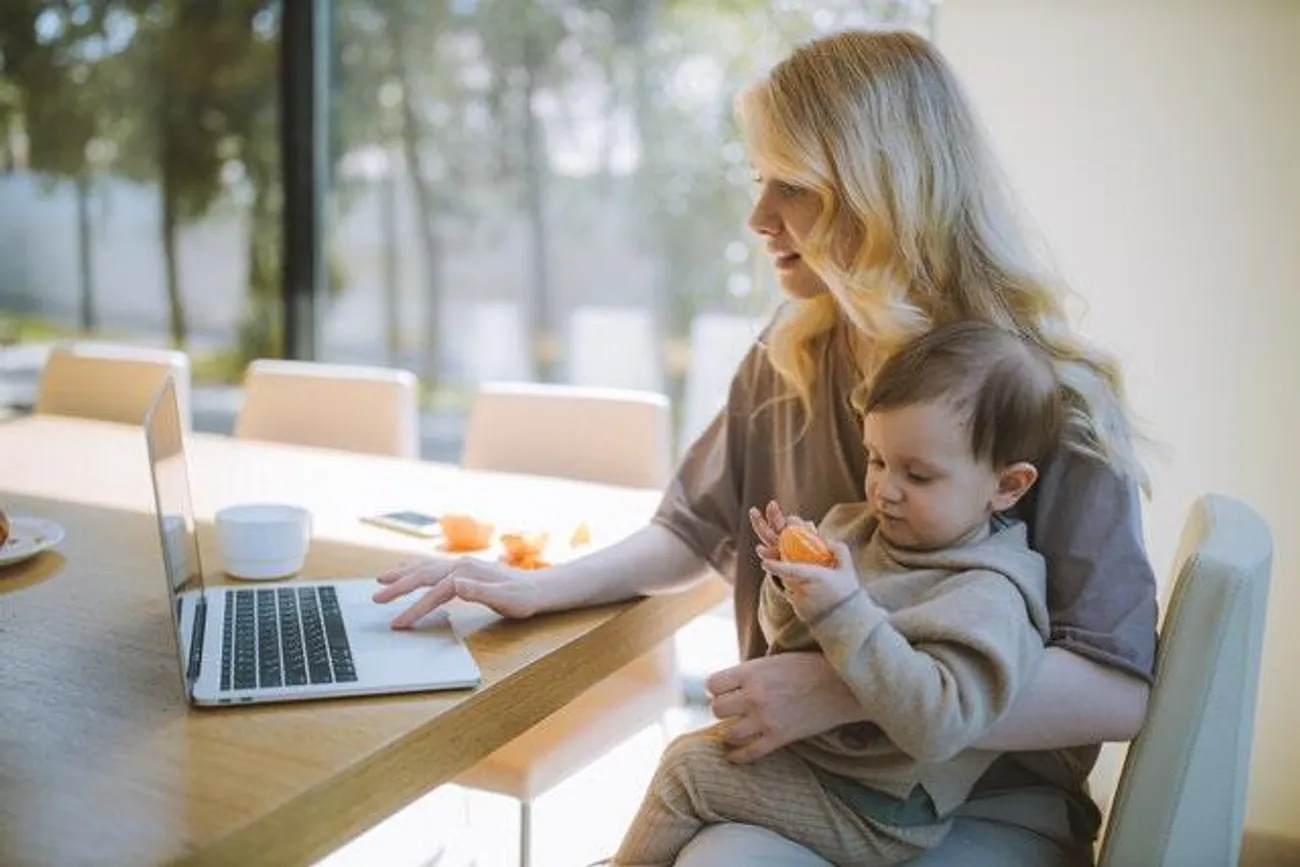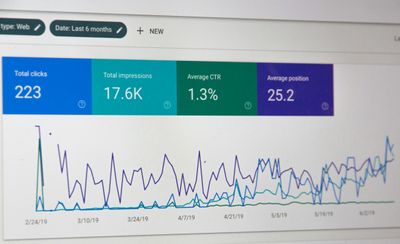A family trust is a legal entity that can be used to hold and manage assets for the benefit of family members. A family trust can be set up by a person or a couple, who are usually the trustees, to hold their assets for the benefit of their children and other descendants.
A trust fund is different from a will because it has a number of advantages. For example, if you die without making a will, your estate will be divided according to state law. However, if you create a trust fund, you can dictate how your assets should be distributed after your death. You can also appoint someone other than yourself as trustee of your estate in order to avoid probate fees and delays in getting your assets into the right hands.
If you have minor children who may not have the legal capacity to manage their own affairs, then creating a trust fund can ensure that they receive their fair share at the appropriate age when they turn 18 or 21 depending on where they live. In this way, you can control what happens to your assets until such time as they reach adulthood.
Who are the parties to a family trust?
The parties to a family trust are:
Settlor: The person who establishes the trust by transferring property into it. The property transferred into the trust is referred to as settlor’s assets.
Trustee: The person or entity who has been appointed to manage and administer the trust on behalf of all its beneficiaries. The trustee can be an individual (e.g., an adult child) or an entity (e.g., bank).
Beneficiary: Any person or entity who benefits from the trust upon its termination (i.e., when all its assets have been distributed).
How a family trust works
The first thing to understand is that a family trust is not a legal entity in itself. It's an arrangement between two or more people, who are usually related by blood or marriage.
A family trust can be set up by parents for their children, or by grandparents for their grandchildren. However, it's most used to provide financial security for the next generation and beyond.
Family trusts are generally set up by an individual who has made some sort of provision for his or her descendants (usually children). The person who establishes the trust is known as the 'settlor'. The beneficiaries are usually named in the terms of the trust deed - this may include spouses and other relatives but will always include any minor children (even if they're not yet born).
A trustee manages the money and assets held in trust on behalf of those who benefit from them (known as 'beneficiaries').
Family trusts are designed for the benefit of the people involved in them. They are not designed for tax avoidance purposes and so do not need to be registered with the Australian Taxation Office (ATO).
You can use a family trust for many purposes, including:
- To make estate planning easier for your family after your death (as opposed to leaving everything to them while you're still alive).
- To help reduce the tax payable on an inheritance received from another source. For example, if your mother dies and leaves you some money directly, it will be taxed at your marginal rate of tax plus surcharge; whereas if she leaves it through her will to her children who then put it into a family trust for their benefit, it will only be taxed at their marginal rate of tax plus surcharge (assuming they are below the threshold).
- To provide financial support to someone who doesn't have enough income or assets to qualify for government benefits such as Age Pension or Disability Support Pension but who would otherwise need assistance.
Check out our page to get more info on discretionary trusts or contact us to speak to a team member.
Pros and Cons of a family trust
PROS
- Trustees can be family members or professionals.
- Trustees can manage the money as they see fit, within the terms of the trust deed.
- Trustees can distribute funds to beneficiaries at their discretion, at any time during the lifetime of the trust or on death.
- Beneficiaries cannot claim against assets held in a trust (as long as they receive what has been promised them).
- Protect assets from creditors or claims by family members
- Pass assets on to beneficiaries at death
- Manage assets during the life of someone with special needs
- Avoid probate fees and taxes on estate assets
- Appoint a trustee to make decisions about how the trust assets are used, invested or distributed.
CONS
- Creating a trust requires legal advice and documentation – which also means paying for it!
- The trust deed must be iron-clad. If there's any ambiguity in the wording of the trust deed, it can be used against you. For example, if you don't specify when your beneficiaries will receive their inheritance and they don't get it on time, they can sue you for breach of trust.
- It's difficult to keep up with your own affairs. You have to make sure that your trustee is not mismanaging your affairs or using them for their own benefit. If they do, you may be liable for losses incurred by them.
- There's no protection from creditors. If a creditor sues you for debts owed, they can seize any assets held by your trustee and use them to pay off debts owed by you (unless this is prohibited in the trust deed). This means that if someone dies owing money and their estate holds assets in a family trust, their creditors can seize those assets to pay off debts owed by them during their lifetime!
Conclusion
A family trust is essentially a legal entity which you, as trustee, use to manage the assets of your family members (and sometimes even yourself) for their collective benefit. It's a powerful concept, allowing you to own property free from the claims of others (family members excluded), yet still enjoy its benefits and use it for your personal needs. In other words, it is a win-win situation for all parties involved.
Check out our page to get more info on discretionary trusts or contact us to speak to a team member.




